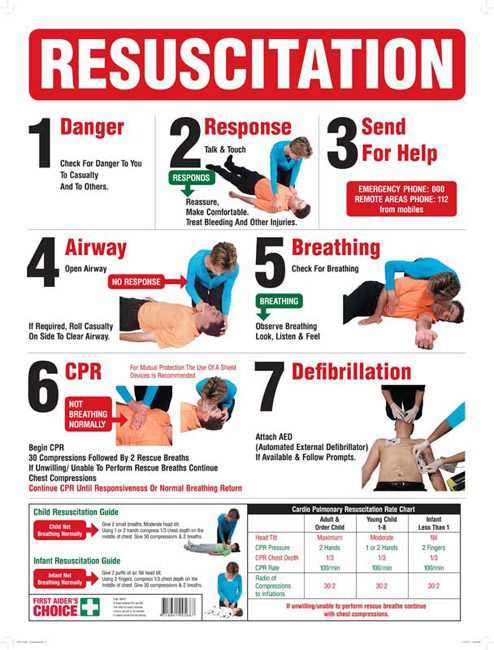
When an Owner Fails to Perform Required Maintenance in a Body Corporate Scheme
Maintaining your own lot in ‘good condition’ is not optional. Under the body corporate law lot owners must maintain their lot, and if they have exclusive use of common property, the exclusive use by-laws may assign responsibility for this area as we.





